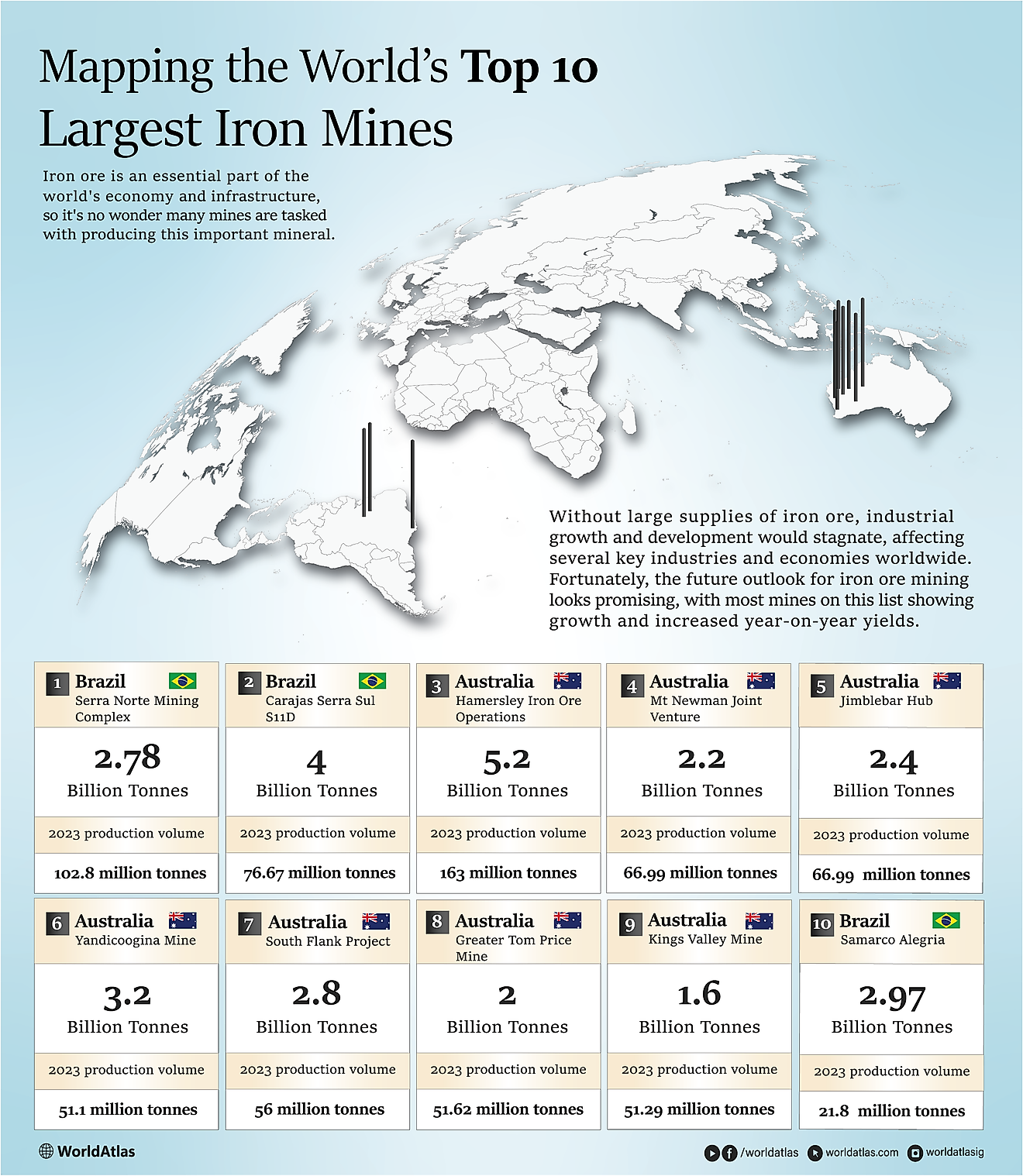Countries Suffering The Greatest Skill Shortages

Countries like Japan, India, and Brazil have been identified as the top nations experiencing the highest skill shortages. In the age of technological advancement and globalization, skills shortage is increasingly becoming a primary concern for employers. The severity of the concern differs greatly between nations and is more serious in Asia. An OECD report, using data based on the Manpower Talent Shortage Survey, identified 81% of Japanese firms with 10 or more workers face challenges when seeking qualified employees.
1. Japan
The Japanese educational system has been criticized for not preparing students for the modern day world's knowledge economy. The Shanghai Academic Ranking of World Universities of 2013 did not place any Japanese University in the top 20. The Japanese education system has been singled out for rigid and cultural barriers and for failing to encourage innovation and creativity in classrooms. Japanese companies are in turn faced with potential employees lacking adequate knowledge of the global markets. The nation's strict immigration regulations, on the other hand, prevent Japanese firms from tapping into global talent. Expatriates also face difficulties as they integrate into Japanese society. The engagement of Japanese female in the country's workplace is also low at 42%.
2. India
64% of Indian workers with 10 or more workers experience difficulties in acquiring skilled employees. Some of the factors attributed to this situation include high school dropout levels, inadequate industry-needed skills and formal vocational education, and negative perceptions towards skill acquiring processes. Indian education reforms have been implemented at a slower pace compared to the nation's industrial growth and the shifts in technology. The country has thousands of people willing to join the labor market, but firms complain that they cannot acquire the right candidates. Firms thus resort to training graduates.
3. Brazil
Brazil prides in rich natural resources, and it is among the largest industrial producers in South America. The country's skill shortages, however, are some of the factors affecting its economic growth. 63% of the country's firms with 10 or more workers report challenges in gaining skilled employees. The country's energy and construction firms, as well as automakers, have become increasingly dependent on employees from other nations since it shares borders with nine countries. The country's Ministry of Labor has been increasing the number of temporary work visas awarded to foreign technical workers.
4. Turkey
63% of firms in Turkey with 10 or more employees encounter hurdles when looking for skilled workers. HR professionals cite gaps in education, inadequate experience in primary areas, and a mismatch in skills. Turkey has been attracting more and more international firms which have increased the demand for workers' skills. The growth of the firms has been facilitated by a suitable business environment and a vast untapped market. The challenge has been for the local workforce to acquire the new skills demanded by global firms.
How To Overcome The Skill Shortages In The Country
The proposed remedies to address skill shortages vary from nation to nation. Japan, for example, has been urged to develop a multicultural educational environment. The country can also reform its universities with the aim of nurturing global talents as well as facilitating cultural exchange programs. Some of the developing nations have committed to addressing the educational gaps especially in nurturing talents and technical skills. Vocational institutions have been identified as being critical in closing educational gaps.
Countries Suffering The Greatest Skill Shortages
| Rank | Country | % of farms (with 10 or more employees) suffering from skill shortage |
|---|---|---|
| 1 | Japan | 81% |
| 2 | India | 64% |
| 3 | Brazil | 63% |
| 4 | Turkey | 63% |
| 5 | Mexico | 44% |
| 6 | Greece | 42% |
| 7 | Australia | 41% |
| 8 | Germany | 40% |
| 9 | United States | 40% |
| 10 | Italy | 34% |
| 11 | Canada | 31% |
| 12 | China | 24% |
| 13 | France | 21% |
| 14 | United Kingdom | 12% |
| 15 | Spain | 3% |











